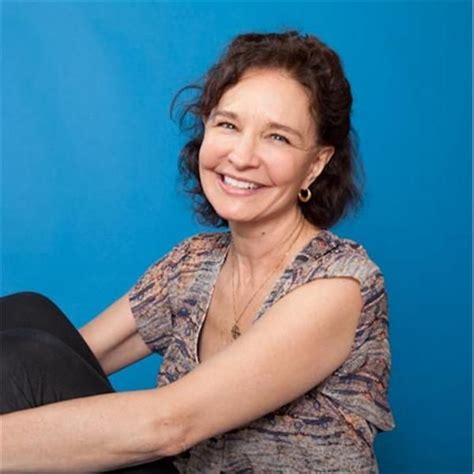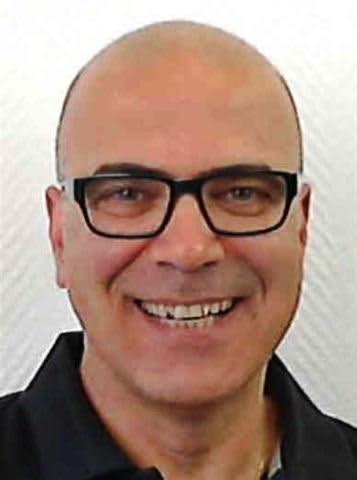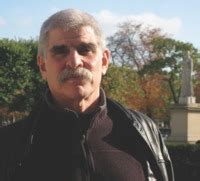A Quote by Gopichand Lagadapati
We never know our good or bad as we loose our judgement living with them.worst part is we don't accept who we are & hence remain confused for the rest of our life.
Related Quotes
The truth about our childhood is stored up in our body, and although we can repress it, we can never alter it. Our intellect can be deceived, our feelings manipulated, and conceptions confused, and our body tricked with medication. But someday our body will present its bill, for it is as incorruptible as a child, who, still whole in spirit, will accept no compromises or excuses, and it will not stop tormenting us until we stop evading the truth.
Living a lie - pretending everything is fine when we are
actually discontented - is hard work and, in the long run, even bad for our health. We pay a high price
for compromising on this honesty - and neglecting ourselves. Finding our inner passion, our mission
in life, and connecting with who we really are, our spiritual being or our higher self - this is the key to success and fulfilment. Our 'soul' purpose is our sole purpose in life.
To accept Christ is to know the meaning of the words 'as he is, so are we in this world.' We accept his friends as our friends, his enemies as our enemies, his ways as our ways, his rejection as our rejection, his cross as our cross, his life as our life and his future as our future. If this is what we mean when we advise the seeker to accept Christ, we had better explain it to him. He may get into deep spiritual trouble unless we do.
Living as if the world out there were somehow separate from us opens the door to the belief system of judgement and the chemical expressions of that judgment in our bodies. Thus we tend to see our world in terms of good germs and bad germs, and use words such as toxins and waste to describe the by-products of the very functions that give us life. It is in such a world that our bodies may become a combat zone for forces at odds with one another, creating the biological battlegrounds that play out
We must remember our duty to Nature before it is too late. That duty is constant. It is never completed. It lives on as we breathe. It endures as we eat and sleep, work and rest, as we are born and as we pass away. The duty to Nature will remain long after our own endeavors have brought peace to the Middle East. It will weigh on our shoulders for as long as we wish to dwell on a living and thriving planet, and hand it on to our children and theirs.
More than anything else, kindness is a way of life. It is a way of living and walking through life. It is a way of dealing with all that is-our selves, our bodies, our dreams and goals, our neighbors, our competitors, our enemies, our air, our earth, our animals, our space, our time, and our very consciousness. Do we treat all creation with kindness? Isn't all creation holy and divine?
We need changes from the duties and the cares of our accustomed everyday life. They are necessary for healthy, normal living. We need occasionally to be away from our friends, our relatives, from the members of our immediate households. Such changes are good for us; they are good for them. We appreciate them better, they us, when we are away from them for a period, or they us.
That the happiness of man may still remain imperfect, as wants in this place are easily supplied, new wants likewise are easily created; every man, in surveying the shops of London, sees numberless instruments and conveniencies, of which, while he did not know them, he never felt the need; and yet, when use has made them familiar, wonders how life could be supported without them. Thus it comes to pass, that our desires always increase with our possessions; the knowledge that something remains yet unenjoyed, impairs our enjoyment of the good before us.
Can we come to the point where we can accept the impossible strivings that we have, the utter inability to ever fulfill our narcissistic megalomania, and then go on to live our lives and accept our disturbing thoughts? We need to accept our vulnerabilities and have love for our imperfections. If you can want what you have, I think you're on your way.



































